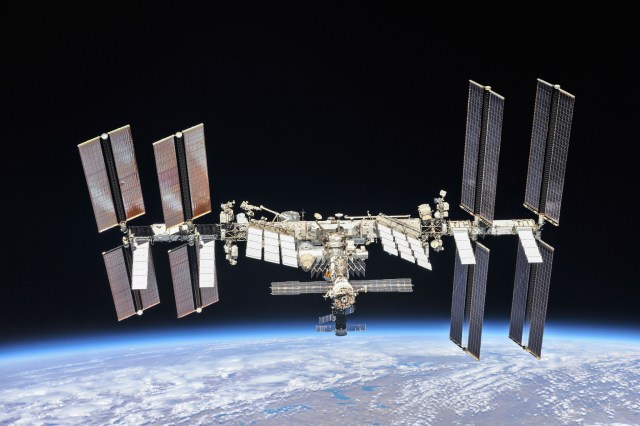After all these years of groundbreaking scientific research, groundbreaking artistic expressions, and a symbol of international cooperation, the International Space Station is approaching its end. As we prepare to bid farewell to this magnificent orbital laboratory, it’s time to reflect on its incredible legacy and ponder the future of human exploration.
The Birth of the ISS
The International Space Station (ISS) stands as a testament to human collaboration and innovation, a remarkable feat of engineering that has transformed our understanding of space. Its story began in the early 1980s, when the United States and the Soviet Union, locked in the Cold War, embarked on separate space station projects – the Space Shuttle and Mir, respectively.
As the Cold War thawed, the possibility of international cooperation in space emerged, and in 1998, the United States, Russia, Canada, Japan, and Europe signed an agreement to construct the ISS. Construction began in 1998, and the first module, Zarya, was launched by Russia. Over the next two decades, additional modules were launched and assembled, creating a remarkable orbiting laboratory that has hosted over 240 astronauts from 19 different countries.
Astronaut Stories: Unveiling Human Potential
The ISS has been home to a diverse array of astronauts, each with their own unique stories and perspectives on the experience of living and working in space. These pioneers have conducted groundbreaking scientific research, tested new technologies, and broken records for human spaceflight.
Among the many remarkable astronauts who have graced the ISS are Scott Kelly, who spent a record-breaking 340 days in space, and Peggy Whitson, who holds the record for the most cumulative time in space by a woman. These individuals, along with countless others, have expanded our knowledge of the cosmos and demonstrated the extraordinary capabilities of the human spirit.

Curiosities and Fun Facts
The ISS is not just a remarkable scientific achievement; it is also a hub of innovation and entertainment. Astronauts have conducted experiments in a variety of fields, from astrophysics to medical research. They have even grown food in space using hydroponics, demonstrating the potential for sustainable agriculture in the cosmos.
Beyond its scientific endeavors, the ISS has also been a stage for artistic expression (read more about the James Webb Space Telescope). Astronauts have composed music and conducted video conferences with schoolchildren, bringing a touch of creativity and human connection to the space station.
Political Issues: Navigating the Space Arena
While the ISS is a symbol of international cooperation, its history has not been without political challenges. The decision to dismantle the station has sparked debate, with some nations advocating for its continued operation and others calling for a more equitable sharing of resources.
The ISS has also been caught up in geopolitical tensions, with Russia’s invasion of Ukraine casting a shadow over the future of international space collaboration. These challenges underscore the complexities of operating a complex scientific facility in an increasingly interconnected world.
The Decommissioning: A New Chapter Begins
The ISS is now nearing the end of its operational life, with its planned decommissioning set for the early 2030s. This decision has been driven by factors such as the aging of the station’s hardware, the increasing cost of maintaining it, and the emergence of new commercial space opportunities.
As the ISS prepares to step down, it leaves behind a legacy of scientific breakthroughs, human achievements, and international collaboration. The lessons learned from the ISS will undoubtedly shape the future of space exploration, as we embark on new missions to explore the Moon, Mars, and beyond.
Philosophical Considerations: Pondering Our Place in the Universe
The ISS has also sparked philosophical musings about our place in the universe. Its existence reminds us of our capacity for innovation and cooperation, while its eventual decommissioning highlights the impermanence of human endeavors.
As we look to the future of space exploration, we must grapple with questions about our relationship with other planets, the ethics of extraterrestrial colonization, and the potential for life beyond Earth. The ISS has opened up a new frontier for human exploration, and its legacy will continue to inspire us as we venture further into the cosmos.
A Symbol of Human Ingenuity and Potential
The International Space Station is more than just a scientific facility; it is a symbol of human ingenuity, cooperation, and our enduring quest to explore the universe (read more on the NASA website). As we navigate the challenges and uncertainties of its decommissioning, we should also celebrate the remarkable achievements it has enabled and the lessons it has taught us about our potential as a species.





